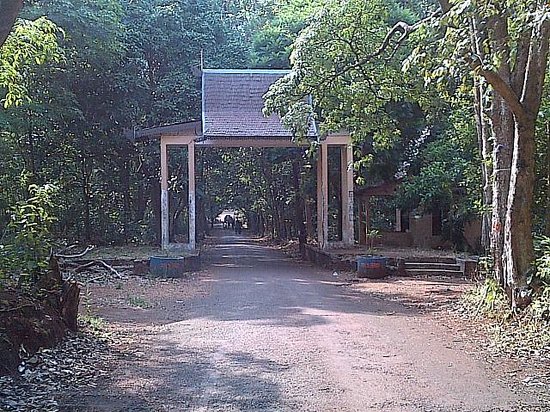Banjarmasin – According to a government official, Indonesian millennials can play a critical role in building geoparks and increasing public awareness of geoparks.
Togu Pardede, Coordinator of the National Geopark Development Strategy at the National Development Planning Board (Bappenas), said, “Indonesia has been selected the first president of the UNESCO Global Geopark Youth Forum, while it simultaneously holds the G20 Presidency this year.”
Pardede stressed that Indonesia must use the forum and its G20 presidency to promote its geoparks on a broad scale.
The 44 Geopark Youth delegates from 44 nations make up the UNESCO Global Geopark Youth Forum. There are 169 UNESCO Global Geoparks (UGG) throughout the globe.
A geopark is a futuristic concept that envisions a shift in mindset from exploitation of nature to sustainable development. “As a result, conservation runs parallel to economic development,” he observed.
When asked about Meratus Geopark’s potential, he stated that it has “amazing potential.”
“Meratus has the potential to have exceptional geodiversity, biodiversity, and cultural diversity.” “They’re all tied to one another and have their own tales,” he said.
Locals may learn about vegetation, wildlife, humanity, and culture from existing rocks, he says, and all of these things are interconnected.
Indonesia now has 19 national geoparks, six of which have been designated as UGG.
Meratus Geopark, which was designated a national geopark in 2018, is being considered for UGG status.
Pardede went on to dispel the myth that because a geopark is a conservation area, the public cannot conduct economic operations there.
“In reality, the public can engage in economic activities in the geopark region by utilizing flora and animals in a conservation-minded manner. “(They may) engage in commercial activity while safeguarding environment from damage,” he explained.
“Furthermore, once the Meratus Geopark is designated as a UGG, the global community will work to protect it,” he continued.


